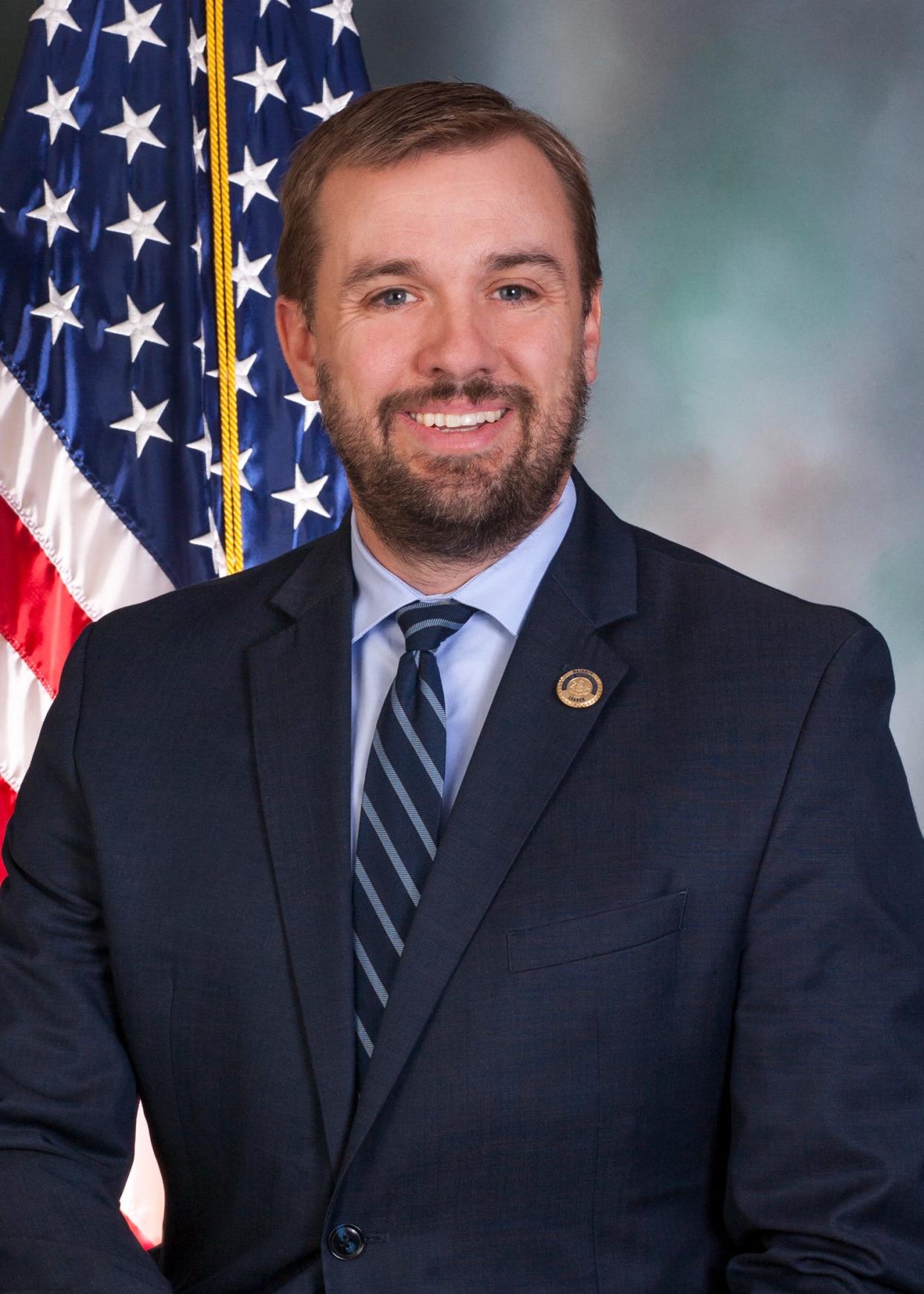Is a tuition freeze coming to big Pa. colleges? Senate to review education spending hikes.
Pa. Pressroom is a regular recap of politics in Harrisburg and Washington, D.C. To submit tips and news leads, contact USA TODAY Network Pennsylvania state capital bureau reporter Bruce Siwy at bsiwy@gannett.com or on X at @BruceSiwy.
Measures to freeze tuition, increase transparency and unleash annual funding to state-related universities are at the Pennsylvania Senate's doorstep.
The Democratic-led state House of Representatives in late October passed college allocations via House Bill 612 with a bipartisan vote of 145-57. It's the third version of the bill that has advanced since this summer, each time with an increasing level of Republican support.
House Republican Leader Bryan Cutler (R-Lancaster) said in a statement that he and his caucus opposed earlier versions because they didn't include a tuition freeze for the 70,000-plus students of the commonwealth's state-related colleges: Lincoln University, Penn State University, the University of Pittsburgh and Temple University.

House Democrats quickly touted the advancement of House Bill 612 as critical support for higher education in Pennsylvania. The bill includes a 25% funding increase for Lincoln and a 7% funding increase each for Penn State, Pitt and Temple.
“House Democrats did not relent in our efforts to invest in our state-related universities despite roadblocks from a handful of extremists, and now we have sent the Senate multiple opportunities to invest in our universities and our students," Majority Leader Matt Bradford (D-Montgomery) said in a statement.
It's unclear whether the Senate, which will reconvene Monday, will advance House Bill 612 to the desk of Gov. Josh Shapiro. Senate Majority Leader Joe Pittman (R-Indiana) hinted that spending increases for the colleges might be a sticking point.
"We are pleased the House was able to finally reconcile their internal disagreements on the non-preferred appropriations, however, to be clear the allocations do not reflect the funding we contemplated when balancing the budget earlier this year," Pittman told the USA TODAY Network via email. "We are reviewing the House product to determine further action upon our return to session."
A separate bill that subjects these same universities to more transparency requirements of the Pennsylvania Right-to-Know Law also awaits the Senate's consideration.
Elections: Nov. 7 is behind us. A peek at what's at stake in critical 2024.
Inside the Beltway
A long-term care advocacy organization in Pennsylvania is pushing back against policy changes promoted by President Joe Biden and this state's senators.
The Biden administration has proposed a new staffing rule for America's nursing homes, all managed under the Center for Medicare & Medicaid Services. U.S. Sens. Bob Casey and John Fetterman (D-Pa.) have endorsed the proposal, with Casey recently sending a letter to Chiquita Brooks-LaSure, administrator for the Medicaid center.
"For years, studies have shown that inadequate staffing levels result in lower quality of care for nursing home residents," Casey wrote.
"The proposed rule ... requires that an RN be onsite 24 hours a day, seven days a week. Current law requires nursing homes to have an RN onsite eight hours a day and a licensed nurse onsite 24 hours a day."
But implementing this unfunded mandate, according to Pennsylvania Health Care Association CEO and President Zach Shamberg, will have unintended consequences.
“(Our) federal officials are ignoring the warnings and concerns of Pennsylvania’s elected leaders, health care stakeholders and even the state’s Independent Fiscal Office, who have all sounded the alarm regarding an access to care crisis that will be far greater than what we are currently facing if this mandate is implemented," Shamberg wrote. "In an October report, the Independent Fiscal Office stated that numerous factors, including this proposed mandate, could create 'more stress on long-term care capacity and further exacerbate hospital discharge delays.'"
“We are issuing a warning to state governments across the country, and especially in Pennsylvania: start planning now for the negative ramifications of this bad federal policy that will ultimately destroy a critical component of the health care continuum."
Calls to the Center for Medicare and Medicaid Services were not returned by deadline.
Voters have spoken in Pa.: What the Nov. 7 results mean for the high courts, and for 2024
And the horse race
One of Pennsylvania's attorney general hopefuls has secured a thumbs-up from an organization billed as the largest progressive group of veterans in the country.
Last month, state Rep. Jared Solomon (D-Philadelphia) announced that he'd been endorsed by VoteVets PAC. Solomon is a former JAG officer in the Army Reserves and current Pennsylvania National Guardsman, and in Harrisburg he chairs the Pennsylvania State House Veterans Affairs and Emergency Preparedness Committee.
“VoteVets knows that Pennsylvania is on the frontline of the battle to protect voting rights, women’s reproductive rights, and so many of the fundamental freedoms that veterans fought to protect,” Solomon said.
Solomon is among several individuals who have declared their intention to run for the Pennsylvania Office of Attorney General in 2024. Incumbent Attorney General Michelle Henry — who was appointed to this position after Gov. Josh Shapiro won the 2022 governor's race — has said she doesn't plan to run for election.
This article originally appeared on York Daily Record: PA tuition freeze at Penn State, Pitt, Temple and Lincoln University?
